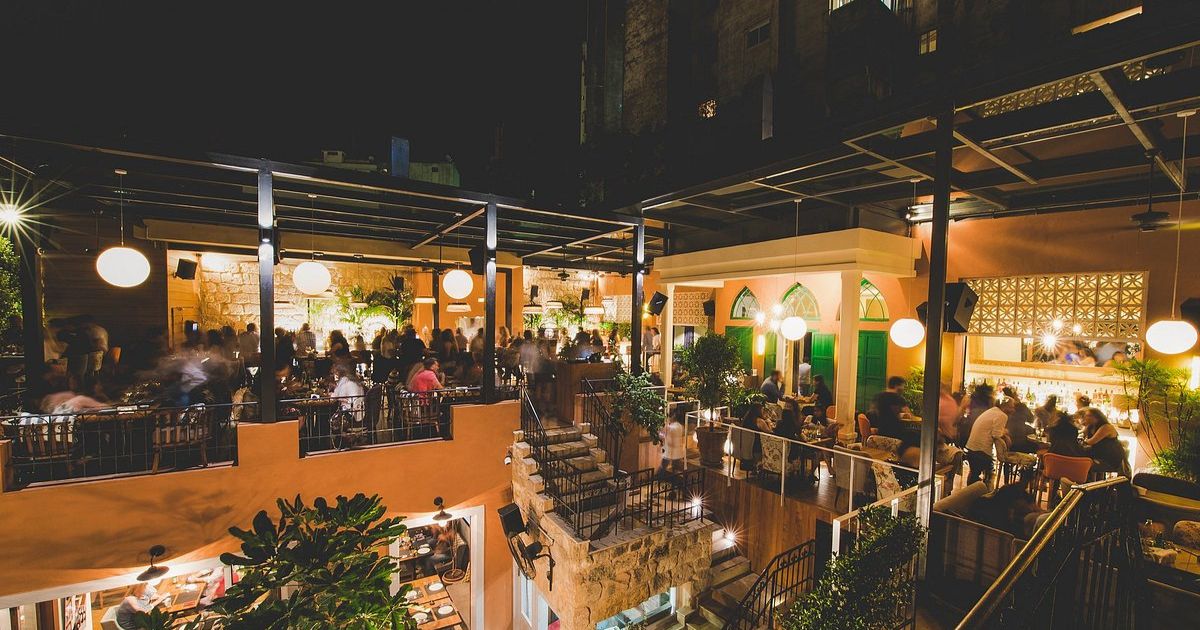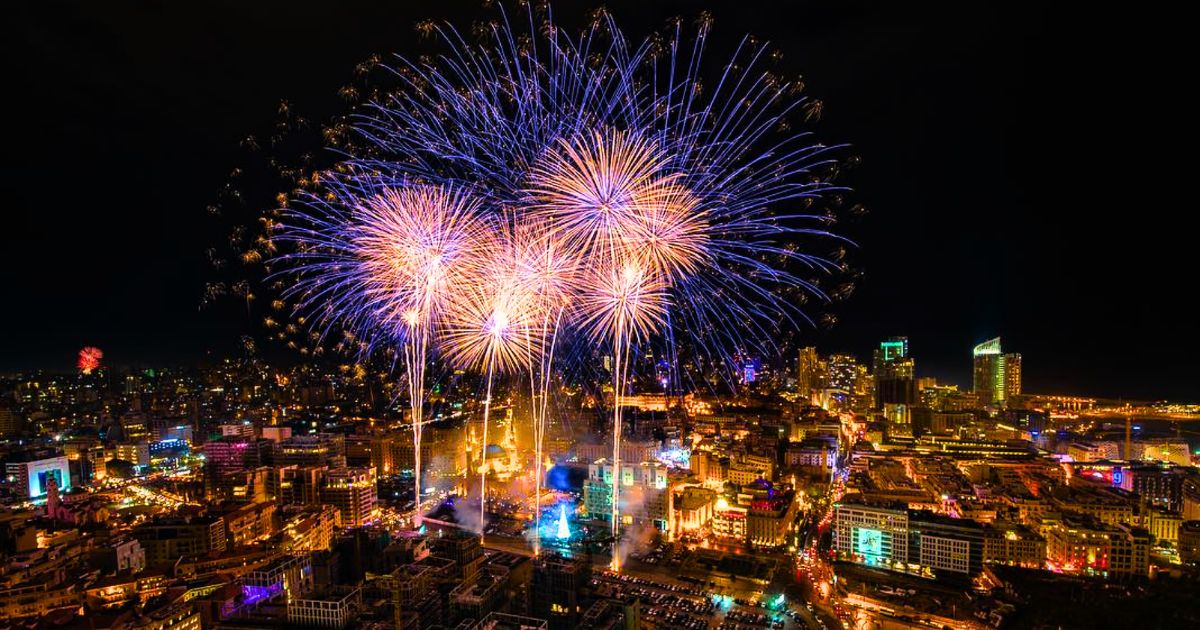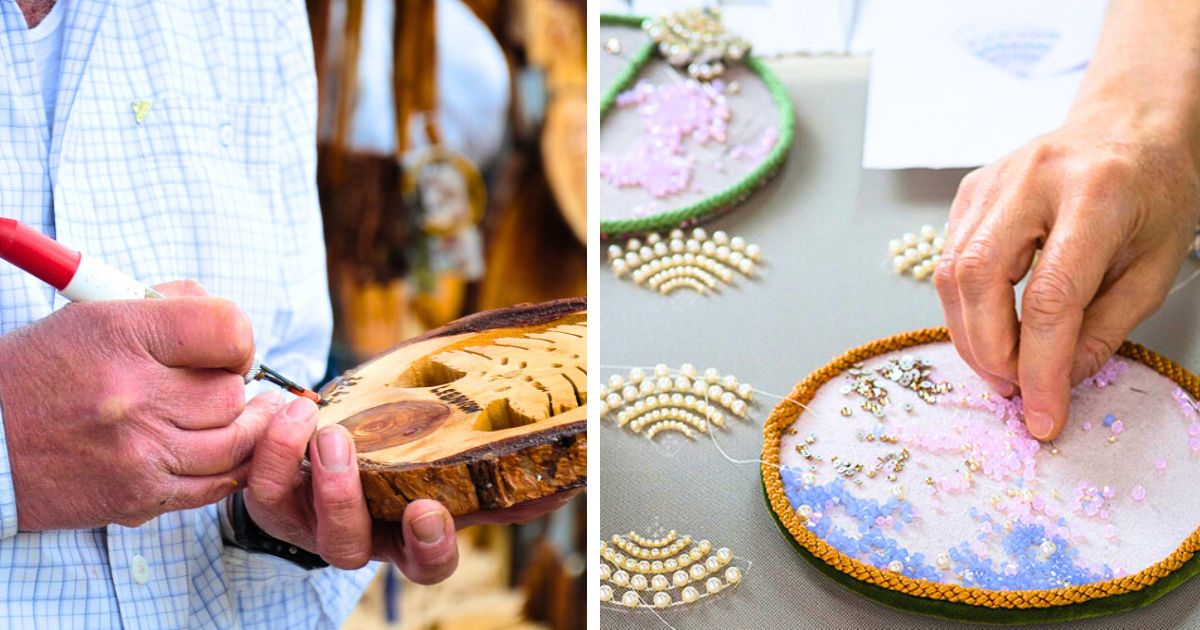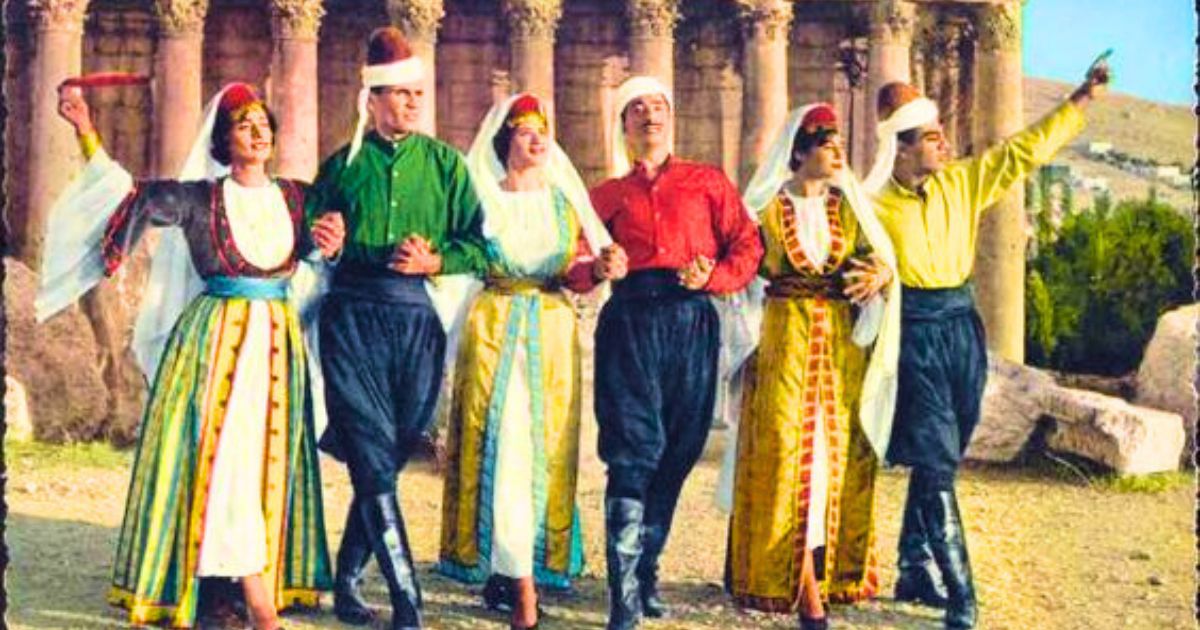The rich nature of Bisri Valley, also known as Nahr El Awali (El Awali River), is the perfect example of the Lebanese exquisite, threatened, and endangered nature.
People go to the Bisri Valley on hiking and biking trips to discover the country’s most amazing gems.
A World-Bank-funded dam project will possibly be implemented in this area – which will cost Lebanon 6 million square meters of natural areas and agricultural lands as well as resulting in the dismantling of more than 50 historical sites.
Bisri Dam will be built with the goal of conveying water to the Greater Beirut Area.
One of the most beautiful historical sites of the Bisri Valley is the Roman Bridge that is more than a thousand years old. Can we afford to lose our heritage, nature, and history?
Additionally, the project is proven to be harmful to our nature, inefficient, and overly costly. It is also planned to be built on an active seismic fault, posing risks of reservoir-induced earthquakes.
The project will cost the Lebanese government around $600 million dollars borrowed from the World-Bank.
In fact, addressing water problems with affordable solutions by allocating financial resources to sustainable water management would be easier and a lot less costly on the government.
In case the Bisri Dam project is carried out, it will be a huge threat to natural habitats, cultural heritage, agriculture, local economy, and seismic safety.
Better alternatives exist.
The National Council for Scientific Research (CNRS) recommended the consideration of alternative solutions for the transport of fresh water to Beirut.
Especially given the fact that the Mount-Lebanon area is dominated by karstic rock formations that are subject to unavoidable water infiltration.
Did you know that more than 40% of the water currently provided to Beirut is lost through uncontrolled leakage?
Why build a dam and destroy this beautiful natural site, when you can fix these problems affordably?
Sign the petition now.
















